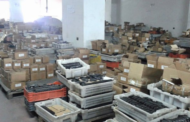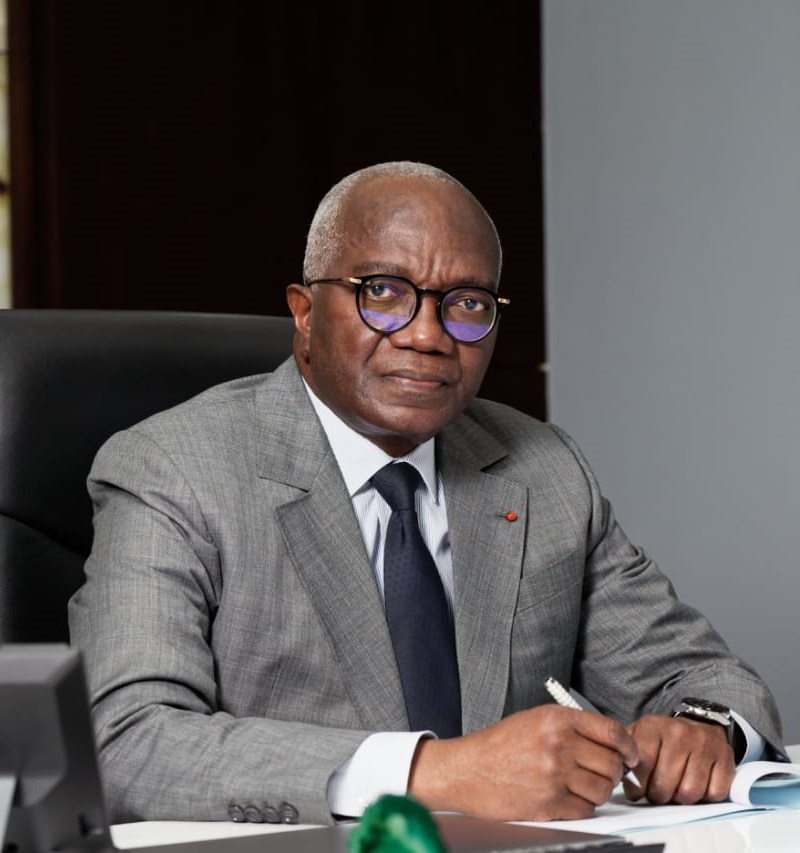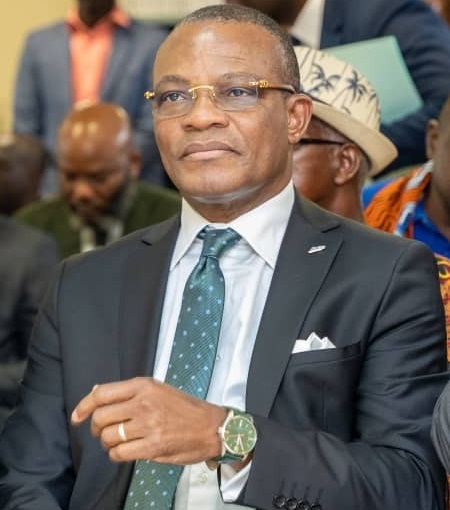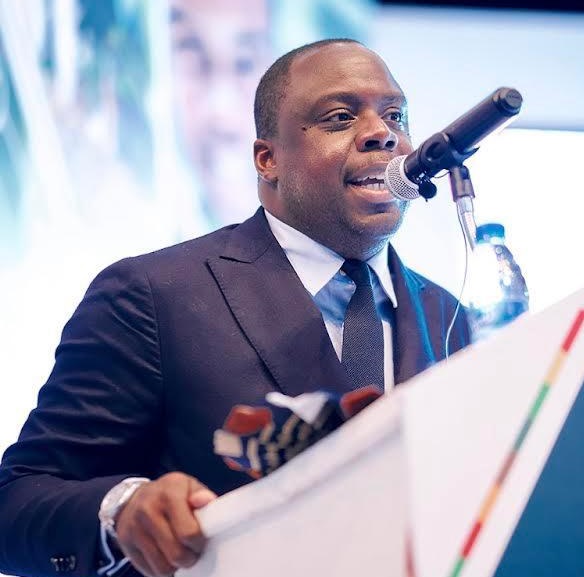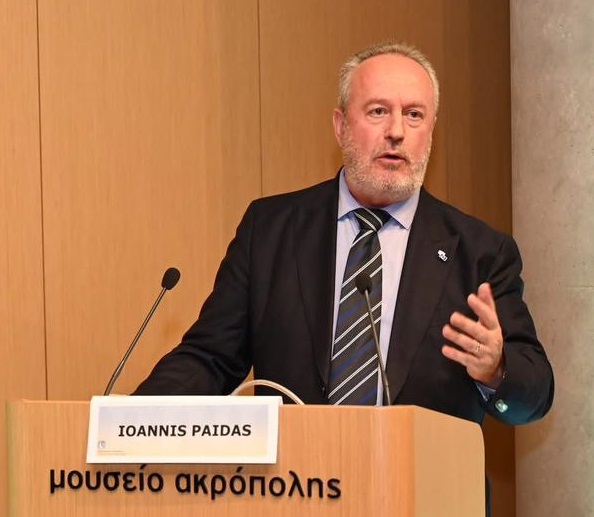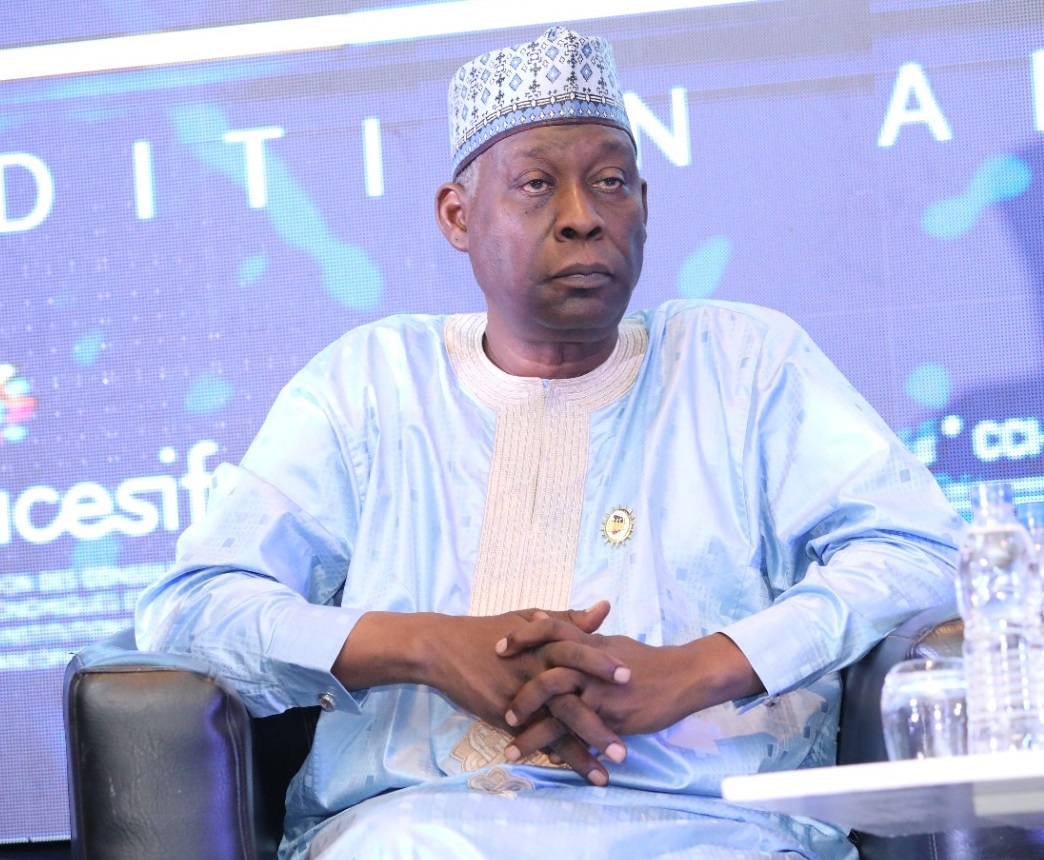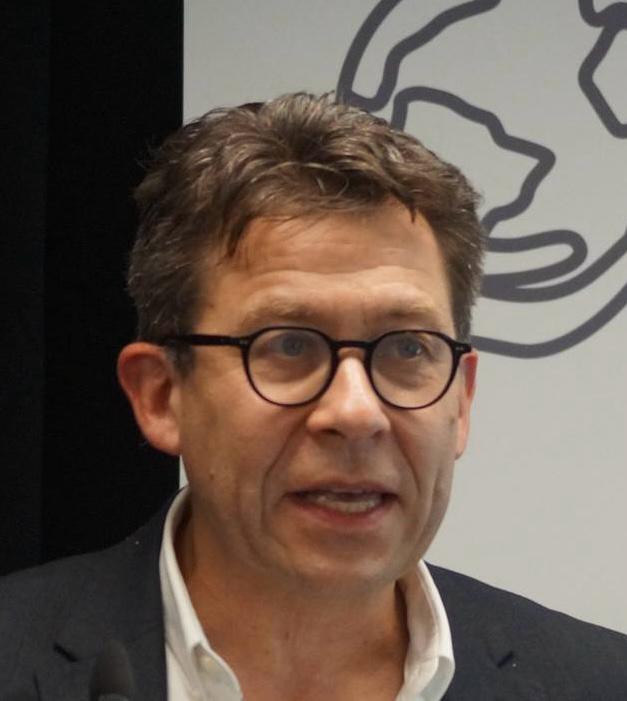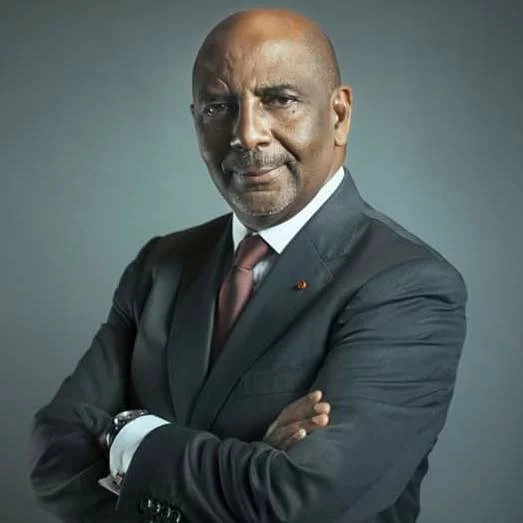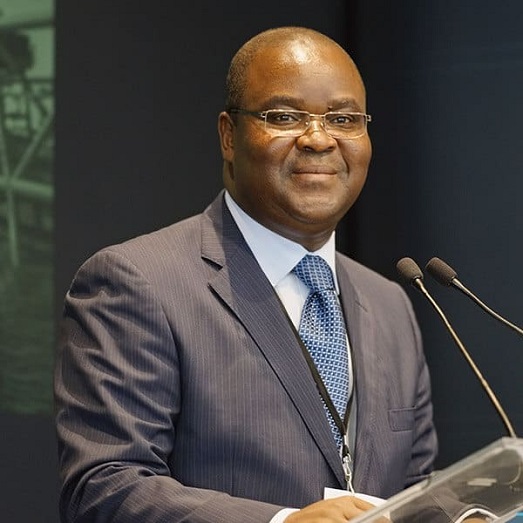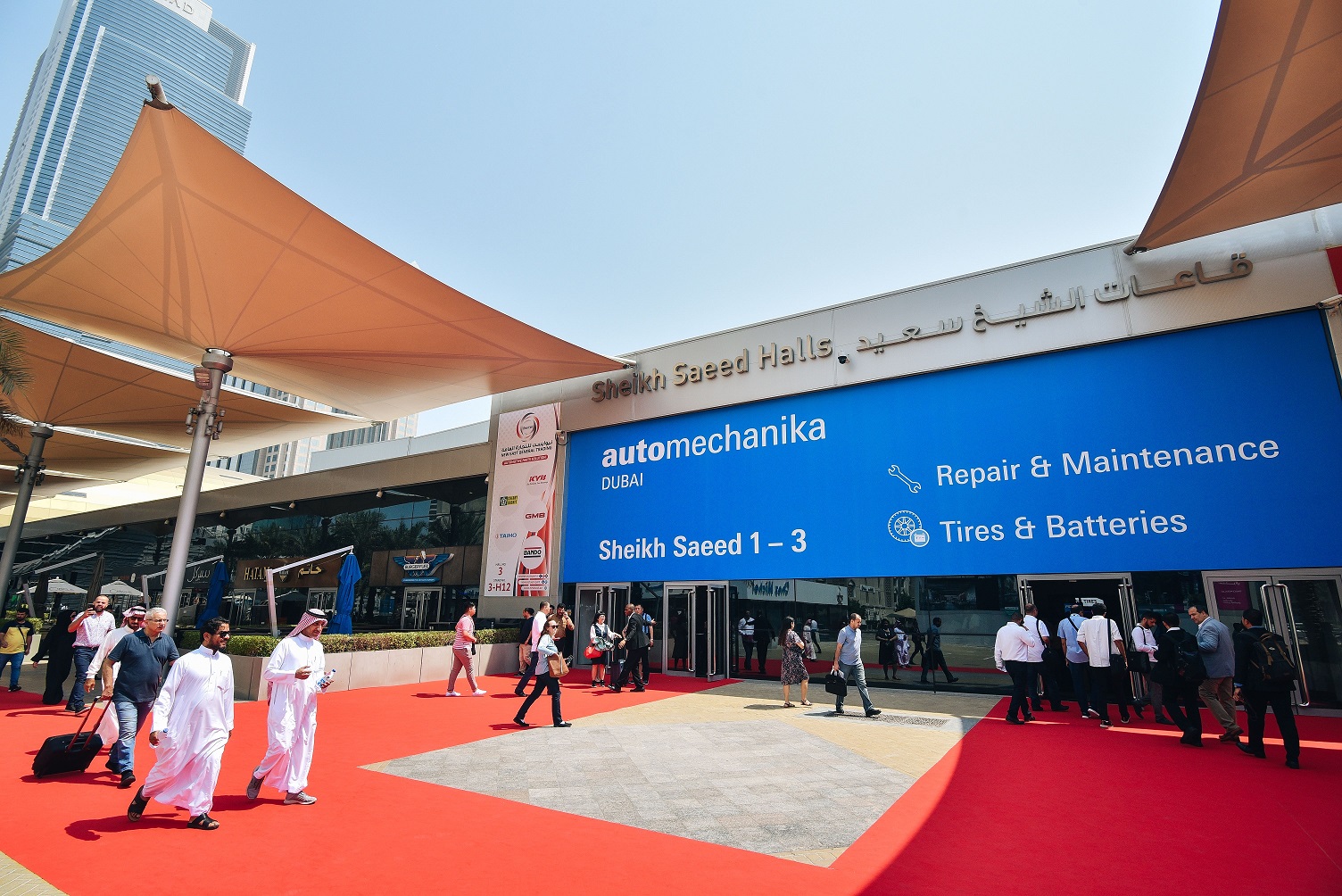Uganda has been consistently attracting the highest foreign direct investment (FDI) in East Africa and the Red Sea region by attracting between $250 – 300m in FDI annually over the past five years – largely due to its stable and consistent macro-economic policies, liberalised business environment, proximity as a logistics hub within the Great Lakes region and increasing regional trade.
Most FDI into Uganda has been directed towards telecommunications, real estate, banking, insurance, petroleum sector, energy, mining and agro-export sectors. The Government has continued to promote foreign investment through the Uganda Investment Authority, the Presidential Investors Round Table and by minimising macroeconomic policy shifts, which make doing business in Uganda more predictable than in neighbouring countries.
In order for the country to benefit from the current sustained high global commodity prices, substantial investment in the mining sector is required. The re-opening of Kilembe Mines would require at least $250m in investment and working capital and will have a huge direct impact on over 10,000 Ugandans in Kilembe and Kasese.
The estimated cost of improving the rail infrastructure is $600m and could be much higher if a new modern standard gauge railway line is to be built. In a recent visit to Uganda, the World Bank president pledged to support Kenya and Uganda rehabilitate the railway line to boost trade.
The recent move by Citadel Capital expressing interest in becoming the lead investor in the Kenya-Uganda 25 year concession consortium, should be welcomed by both Governments. Citadel Capital is a multi-billion dollar private equity firm headquartered in Cairo with over $8b in mining, transport, energy and other investments in Africa and the Middle East.





